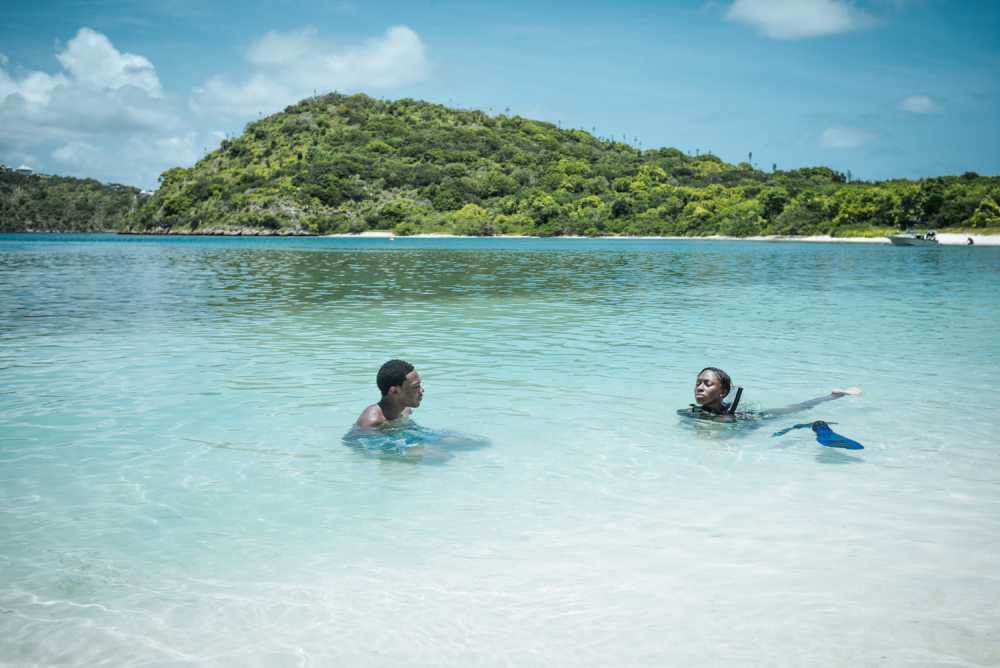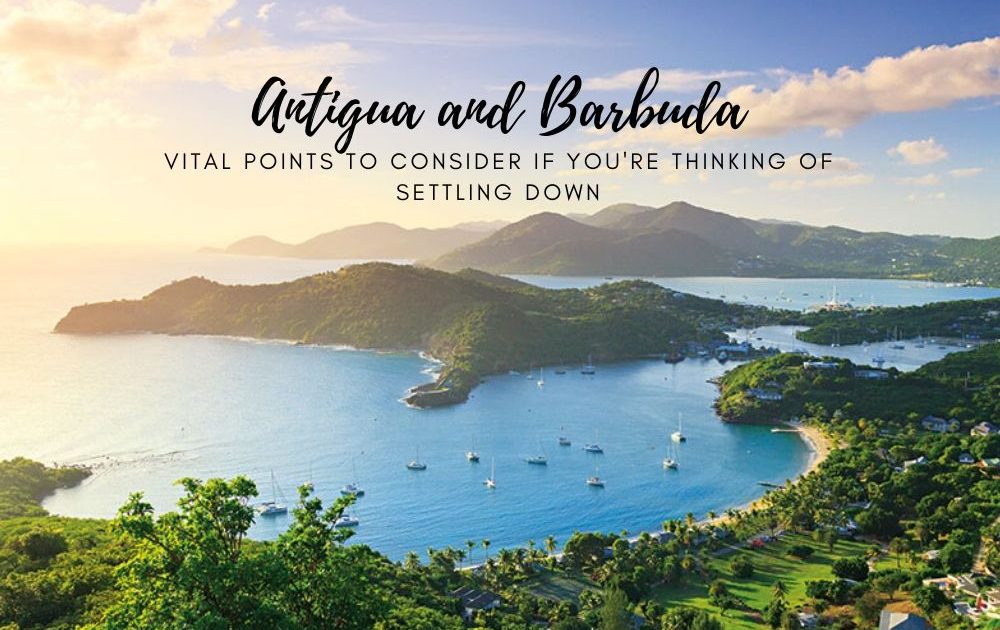A lot of people, at a certain point in their life, just feel the need to move to a different place. For example, there has been a significant resurgence of the American homesteading culture. A lot of successful professionals leave the city and exchange their corporate careers for a much simpler life off the grid, growing their food, and setting up their own energy sources.
Apart from that, there’s an increasing number of wealthy individuals and families opting to become dual citizens and living in a new country. While many of them use second citizenship as a smart financial tactic, some choose to become dual citizens because they feel it’s one of the best ways to obtain the change that they want in their lives.
And speaking of second citizenship programs, one of the best is the Antigua and Barbuda citizenship program. It outperforms others by offering the fastest processing period, lower investment cost; that is, the government donation starts at just USD 100,000, and you get visa-free travel to 165 countries. So it’s no surprise that a lot of HNWIs are seriously considering moving to this twin-island nation in the West Indies.

Antigua and Barbuda — A Haven for Expats
Antigua and Barbuda has always managed to attract a substantial share of the unique audience interested in dual citizenship ever since the rollout of citizenship programs in the Caribbean.
But what makes it a haven for expats is how it has been proven to be the most progressive country in the region. It’s even called the “Switzerland of the Caribbean” because of its stable economy, many growing industries, and better job opportunities.
On top of those, the country is deemed a more luxurious destination than neighboring nations. The prices and quality of services in more urbanized locations are similar to rich European countries. One of the established reasons behind this is the safety of the nation.
Not only does Antigua and Barbuda have one of the lowest crime rates in the West Indies, but it also doesn’t get hit by hurricanes as much. Therefore, investors feel safe in setting up globally competitive enterprises here, and well-heeled expats find what the country has to offer is completely worth their money.
Island Life — The Difference of Living in Antigua and Barbuda
One of the most crucial points to think about if you’re seriously considering a move to Antigua and Barbuda is island living. It has its pros and cons. The pros are:
- A much healthier environment and way of life. Living on the islands encourages a more active lifestyle, which helps boost physical and mental health.
- High quality of fresh produce. The country is not highly industrialized, which means that pollution is not a significant factor that affects agriculture. At the same time, it is known for being environmentally responsible. It has strict green policies and implementation to preserve the beauty of the islands.
- Beauty all around. The country boasts gorgeous beaches — one for every day of the year — so it’s like being on a never ending holiday.
- Fantastic weather. Contrary to the common belief that Antigua and Barbuda is a tropical nation, it actually has a highly temperate climate. There’s low humidity, and the average rainfall is just 39 inches a year.
- Extremely colorful and lively festivals. Fun is a way of life in the twin-island nation, which is why a lot of retirees and mid-lifers from different parts of the globe settle here. The festivals are highly anticipated because not only do they reinforce culture, they also bring communities together, which is something to love for folks from big and busy cities.
- More opportunities for new businesses. Tourism is one of the primary industries of this island nation, and there are so many travel-centered business opportunities here for entrepreneurs. In fact, many of those who invested in properties to obtain second citizenship to the country end up flipping their investments into fancy tourist accommodations.
As for the cons, they are not necessarily bad qualities, but rather things that may prove to be too different from what people from highly industrialized nations are used to. They are:
- Fewer convenience services. People who are used to calling in services for laundry, fitness, and maintenance may find it difficult to find providers. There’s also a lower chance of finding wholesale food distributors that you can order from online if you wish to open a restaurant. However, Antigua is making some changes, and the flourishing business community owned by expats is addressing the deficiency. But for now, you can turn to the Caribbean Professional Service Provider Listing and Business Directory.
- People move much slower. It’s a worldwide known notion that island people do not rush. This can be both a pro and con depending on the individual because if you are looking to slow down, you’ll definitely achieve this goal. However, if you like to do things fast, you will find the extremely laid-back island lifestyle a challenge.
- Roads are not that great. Ditch the luxury cars for high-performing 4x4s. Most roads all over the country need a lot of work, and if one of the reasons you’re moving to Antigua is to explore nature regularly, you will be driving on bumpy roads most of the time.
- Fewer places to shop. Retail therapy is bound to be a challenge here, as well. There are small malls and retail stores, and generally, clothes, electronics, and luxury items are much more expensive here. Plus, the selections you’ll find may be limited.
As mentioned earlier, these are not necessarily bad traits. For a lot of people, these are the back-to-basics qualities they want. Therefore, if you are all about flipping your life over, the points above may just all be pros for you.
Change is Something to Thoroughly Prepare For
Moving to Antigua and Barbuda will undoubtedly bring a tidal wave of changes in your life. But, hopefully, the points shared here will provide you with a better understanding of the kind of life that awaits you and can help you prepare for it adequately. This way, the change will indeed be the advantage that you want it to be.
Banner Image: Source




